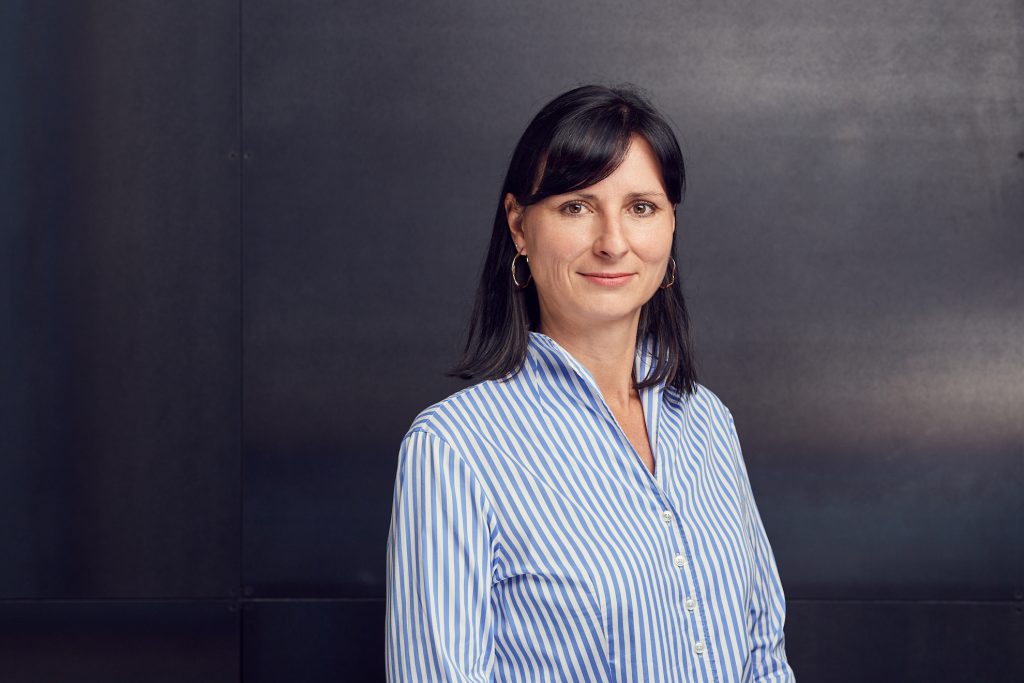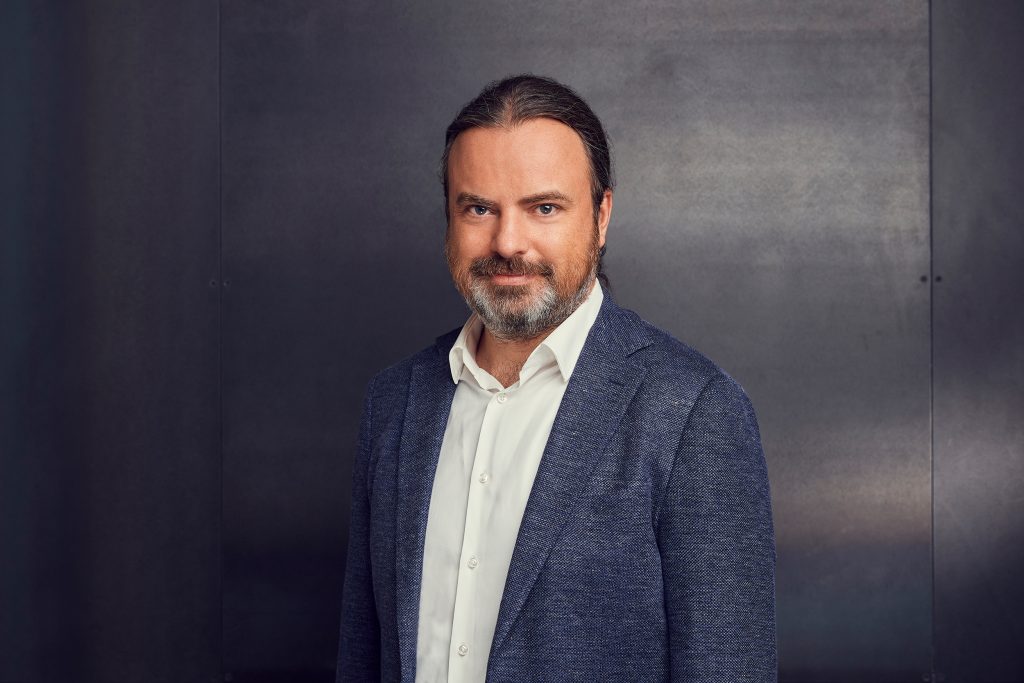The climate crisis is now a reality that is having an increasingly tangible impact, forcing consumers, politicians and businesses to reduce emissions as drastically and as quickly as possible. While we should increase efforts to develop technologies that will enable us to reduce CO2 emissions from day to day operations across industries, this alone will not be enough to reach our climate goals in time. Other technologies that are aiming to keep carbon dioxide emission from building up in the atmosphere will be essential to tackle the growing climate crisis. One of the most interesting and potentially important technologies to realize this impact is called Direct Air Capture (DAC).
DAC is a carbon removal technology that takes out carbon directly from the atmosphere. Carbon capture is expected to be key to the transition to a net-zero energy system, and widely supported by academic literature and intergovernmental organizations. For example, the United Nations Intergovernmental Panel on Climate Change (IPCC) has recommended DAC as one of the pathways for countries to accelerate their transition to net-zero, even calling Carbon Dioxide Removal technologies “unavoidable” in their latest report of April 2022. As certain sectors such as aviation and heavy industry are difficult and expensive to decarbonize, carbon capture technologies can offset their emissions and support a faster transition. Certain DAC companies have raised significant amounts of capital, e.g. Climeworks, Storegga or Verdox. Despite the funding, however, today’s Direct Air Capture systems are still too expensive and time-consuming to manufacture and deploy at scale; therefore, there is a clear need for public and private investments in DAC technologies.
Enter NeoCarbon
With our knowledge on the importance of DAC in mind, we were delighted to meet René and Silvain, founders of NeoCarbon, a company that aims to capture CO2 on a large scale with a crucial twist: it uses existing cooling towers to reverse climate change while generating surplus for all stakeholders.
NeoCarbon retrofits cooling towers from a wide range of businesses, including commercial properties, dairy factories, chemical companies, and oil and gas facilities, to reduce CAPEX and OPEX by up to ten times and a shortened time to market: both critical factors in meeting the targets set by the IPCC, which have opened up a trillion-dollar market.
Cooling towers use ambient air to evaporate water. In this process, evaporation consumes a lot of heat, which cools the remaining water. This cold water can in turn be used to cool industrial processes, where it becomes hot again, and the cycle can continue. To achieve this cooling effect, a large amount of ambient air is blown onto the water. This is the source of the captured CO2.

The best part is that millions of existing cooling towers across Europe continuously circulate large amounts of air to remove heat from industrial plants and buildings. If NeoCarbon efficiently retrofits these towers, it can remove the carbon dioxide from all this air at very little additional cost. Through this technology, several billion tonnes of CO₂ could be captured annually, which would make a significant contribution in the fight against climate change.
NeoCarbon currently makes use of solid sorbent filters that chemically bind with CO2. When the chemical is heated and placed under a vacuum, it releases the concentrated CO2, which is then captured and converted into a high-grade form that can be sold to manufacturers who use it as feedstock. For example, the Danish breweries have adopted a climate plan with the ambition that their production in 2030 will be 100% CO2-neutral.

What role does NeoCarbon play in the built world?

Guy Grainger, Global Head of Sustainability Services and ESG at JLL, told immobilienmanager: “[…] we can expect local governments to introduce strict regulations and penalties for building standards — there will be winners and losers as cities reduce their greenhouse gas emissions targets to zero.”
Almost every large building has an integrated cooling system (see image above) that can be turned into a CO2-absorbing machine with NeoCarbon’s technology. It’s a win-win situation: NeoCarbon is the only technically-economically feasible DAC solution. By using existing industrial assets, NeoCarbon’s model is profitable. Better yet, NeoCarbon generates an additional revenue stream for its carbon capture partners, enabling them to rapidly scale up this model. This creates the opportunity to profitably capture several gigatons per year.
Founder Fit
René and Silvain are both engineers by training as well as passionate and driven entrepreneurs; however, they do bring complementary skill sets to the table. René, specialized in energy and resource management, has scaling experience in fast-growing startups like tink, while Silvain is trained in theoretical mathematics and physics and has co-founded two companies. In addition, René is a long-distance runner and brings the right stamina to drive a radical project like carbon removal forward. Silvain convinced us with his structured way of thinking and his creative approaches to solving problems. Andrew, a chemical engineer with a PhD in modular CO2 process development, joined the team early on. Andrew worked as a process engineer in the carbon capture department at Bilfinger. All three have joined forces and committed to putting all their efforts into developing a scalable technology that will significantly contribute to reducing CO2 emissions.
Investor Fit
We are pleased to join forces with Speedinvest. Both funds, Speedinvest and PropTech1, bring an unbeatable set of tools to a newly funded company. Speedinvest has proven many times that it enables startups to grow from pre-seed to growth stage, while PropTech1 has repeatedly shown that it has unique access to a wide range of industry players across Europe, who have demonstrated their willingness to innovate and decarbonize the real estate industry. Special thanks also goes to our investment analyst Juejun Xue, a material scientist by training, who fell in love with NeoCarbon at first sight and helped us develop our knowledge and conviction to co-lead the €1.25m pre-seed investment round in NeoCarbon. In addition, we are pleased that the NeoCarbon team was able to attract high-caliber angel investors specializing in ClimateTech such as Planetly founder Anna Alex, Stefano Bernardi and Matthias Ernst, for this financing round.
Find out more about NeoCarbon and become part of the team! Follow PropTech1 on LinkedIn, Twitter, and Medium to find out all the news from our portfolio.





